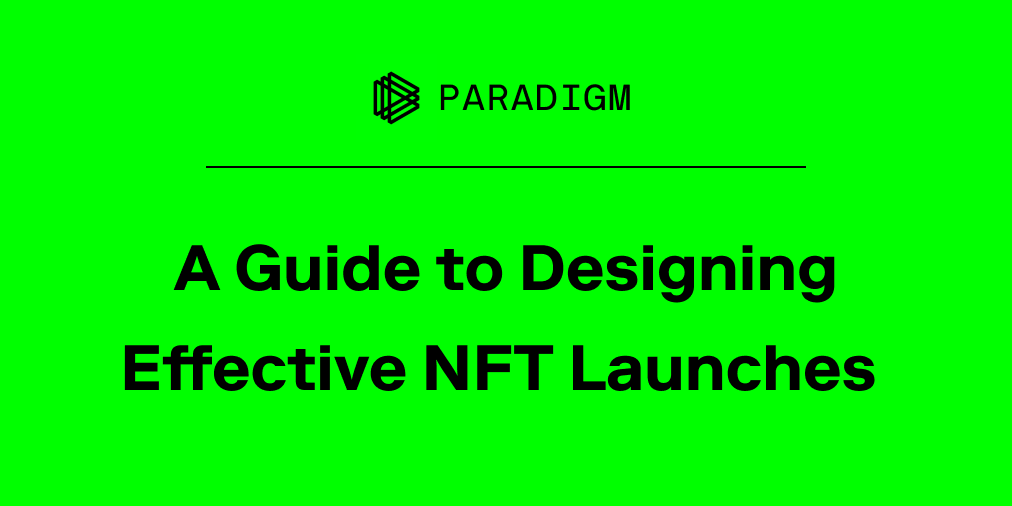
Money (not finance) is the most important field in the world today and will be for at least 20 years.
Why? 99% of history is written in 1% of the time. We are in the early phases of another 1% where the medium-term future will be written (what Neil Howe calls "The 4th Turning".)
Why? 99% of history is written in 1% of the time. We are in the early phases of another 1% where the medium-term future will be written (what Neil Howe calls "The 4th Turning".)
Money is ripe for a paradigm shift, but the direction of that shift is still undecided. There are currently forces pulling into several directions, with the extreme ends being hyper-control of money (MMT) and removal of all control of money (Bitcoin.)
While in most of history local governments have issued money, many private producers will be able to compete in the future. Networks like Bitcoin are constructed from the ground up to resist, while private firms like Facebook are effectively sovereign to nation-states.
These changes in money could move the world closer to utopia or dystopia, depending on what your values are. The only outcome that seems certain today is that money will fragment as more and more producers enter the market and increase the options for consumers manyfold.
Much has been written about money being a winner-take-all or -most market, but I don't really believe in that. As the costs of storing different monies as well as exchanging between them decreases, consumers automatically put more focus on other properties.
Consolidation into one money assumes a world where custody and exchange are the biggest sources of friction for money. In reality, the friction just changes its form. The walled gardens of supranational networks like Facebook will replace the walled gardens of national economies.
The biggest friction might come in the fragmentation of the internet itself. In the same way that the unipolar world order and US-protected free trade are ending, the internet itself will almost certainly break into several shards between China, Russia, and the West.
We may be using different money in every shard and yet another money that is entirely trustless (bitcoin?) between them. The design space for money today is magnitudes greater than it has ever been, so history isn't really a guide for us.
It's hard to wrap your head around how easy it is to participate in the Cambrian explosion of money, whether we end up with one large winner in the end or several medium-sized ones. Hell, Bitcoin was created by, at most, a small group of people that is still anonymous today.
This shift will produce winners and losers. One loser could be (supporters of) big government. The large governments we have today are only possible because a) seigniorage from inflation and b) control over the financial system encourages people to honestly report their income.
If private money allows people to dodge taxes at low risk, this behavior will eventually normalize. This may be the tipping point in the growth of government that causes a mean reversion. Thus, private money will further accelerate the rise of the individual over the collective.
The biggest winners when all has been written will be the people in Emerging Markets. Local money has long been a layer-3 institution. Stable money needs stable property rights needs a stable monopoly on violence. But no more.
Soon, individuals can import their money directly via the internet without relying on the government-provided bottom layers at all. Combine that with digital goods and p2p services making up more and more of the world GDP, and we could see a democratization of trade and capital.
In sum, these are the reasons I have committed myself to the private money space, which, I fully believe, will turn into one of the biggest and most powerful industries in the world. It is on us to shape what values that industry will be built on.
• • •
Missing some Tweet in this thread? You can try to
force a refresh





